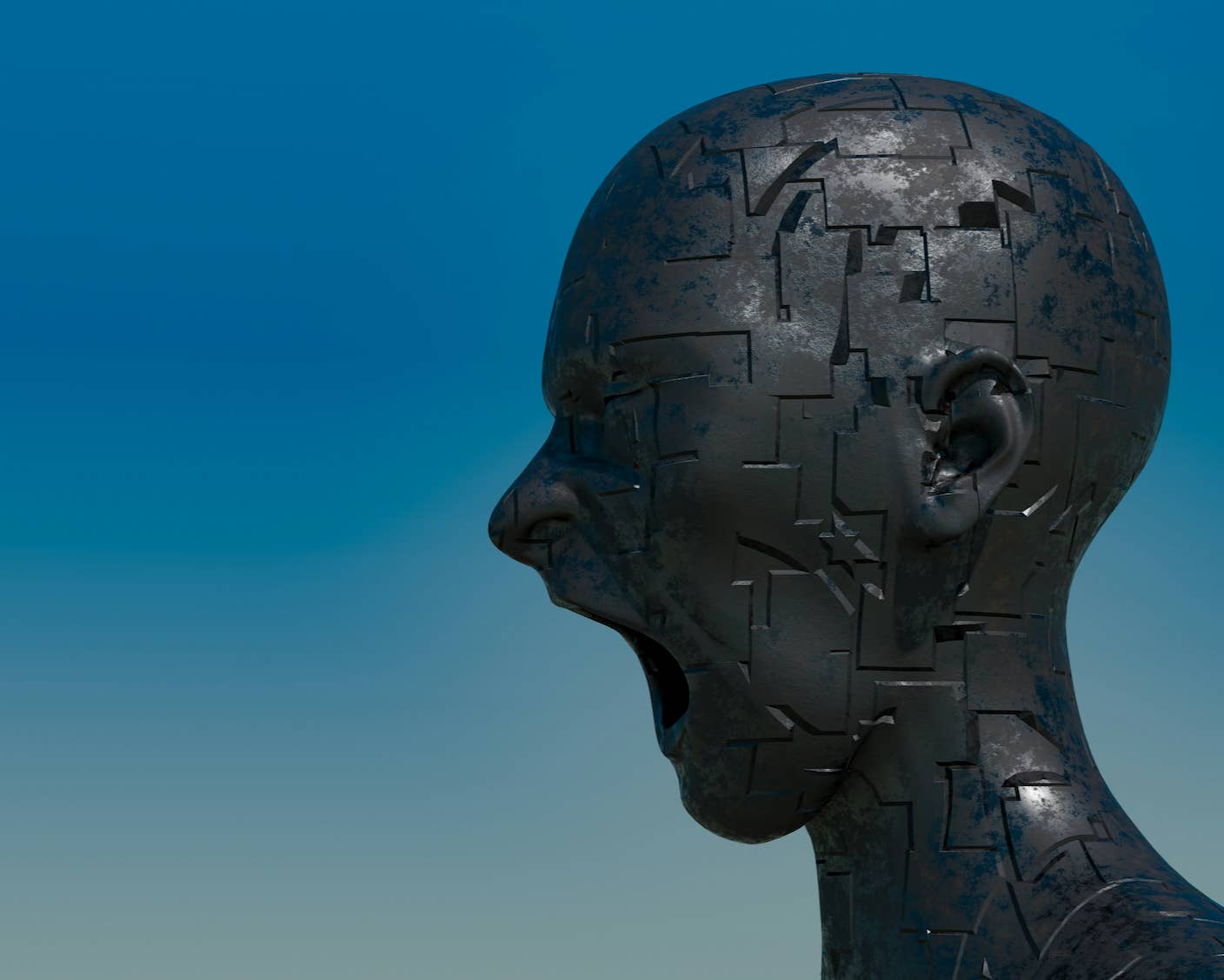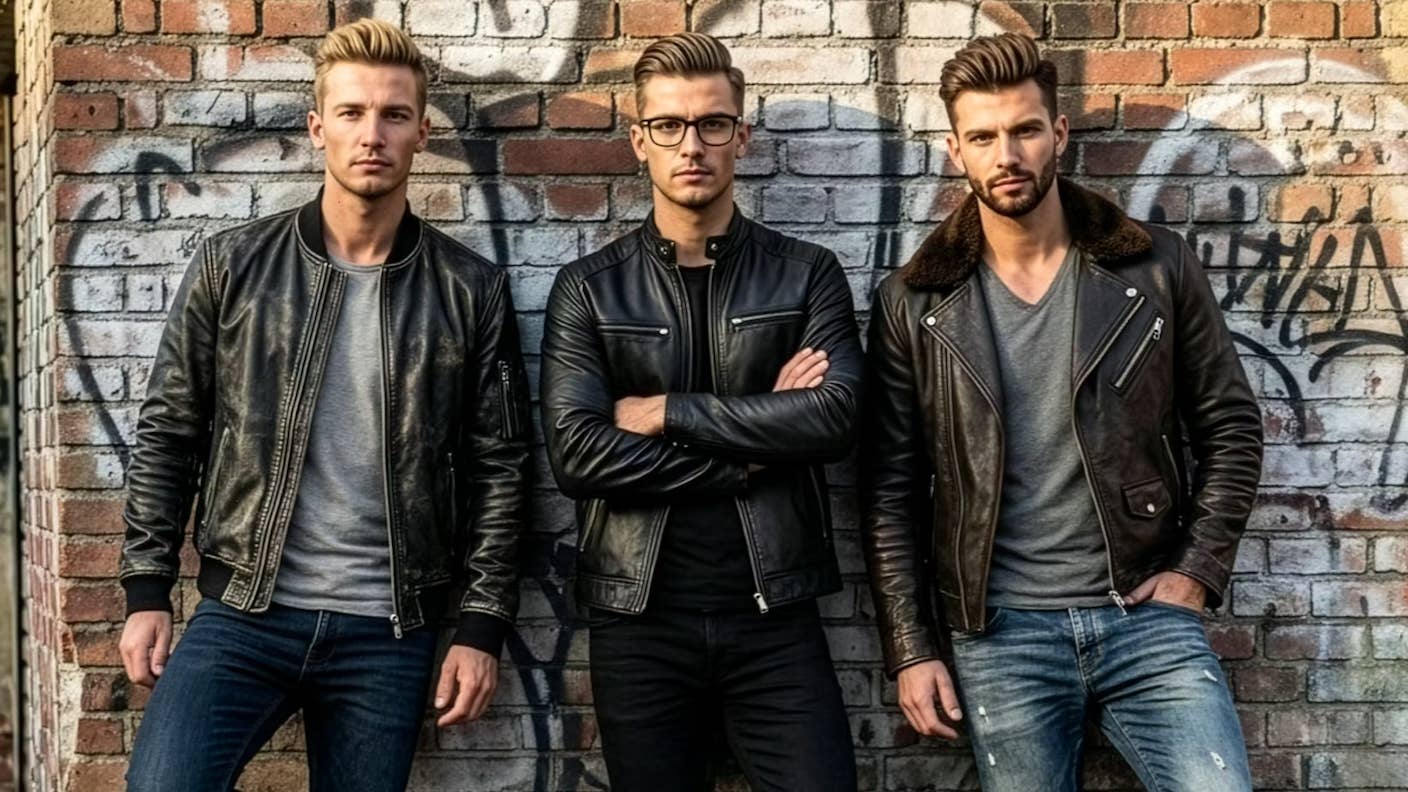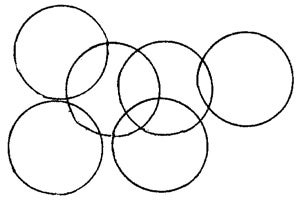Are MOOCs the ‘Digital Albums’ of Education? From Standard Education to ‘Marginal Learning’

Share
“Once upon a time, there were physical CDs. The order of each song mattered, for the album was often played as an uninterrupted piece. Then came the computer and music became digital. You could play all your songs in the order you wanted and easily create compilations based on your musical taste. Then came the Internet and it all became messy. Streamed, remixed, compiled, music was everywhere and listeners could seamlessly interact with it.
Once upon a time in a parallel world, there were physical classrooms and teachers. The latter had a standard curriculum to deliver to their classes and students’ interests couldn’t really be integrated. Then came the Internet. Whenever, students could also take classes online, thus joining worldwide cohorts through “Massive Open Online Courses” (MOOCs). Everything became possible.”
The digitalization of education seems to be going the same way the music industry went a decade ago; as it gets further digitalized, content becomes more accessible, and subsequently, customizable.
To take this analysis one step further, are MOOCs the “digital albums” of education? How can we use them to find out “marginal learning”? Let’s tune in to see where this would take us as learners of tomorrow but also for instructors.
Tuning in to MOOCs, learning from the music evolution.
What is a music album? It’s a thoughtful combination of sound and meaning crafted by an artist. Here’s the full (possible) story when we compare it with Massive Open Online Courses:
Labels (MOOC platforms) bet on bands (schools and professors) to create some albums (MOOCs) whose songs (syllabus) will be massively shared. Those bands are hoping that music listeners (potential students) will pay for more music (education) online and also come to concerts (physical schools) to hang out with people enjoying the same music (classmates).
What do MOOCs and music albums have in common? They’re both scalable ways to share specific content with a worldwide community in a non-competing way and are a ‘connection’ created between the content creator and a specific audience.
With MOOCs, materials are freely available, which creates the opportunity for students to browse, pick and choose content. You can now tune in and get value from part of the whole course with less friction.
2011 was a turning point in education. Stanford University offered three courses that gathered more than 100,000 learners, thus kickstarting the beginning of the “instructor-directed MOOC” age. However, class content within a course remained the same for all learners. Perhaps MOOCs can draw inspiration from the digital music revolution, and help learners curate their desired content, exactly the way you decide to focus on only a few songs in a music album. How about allowing students to keep only what they like/need/want?
Be Part of the Future
Sign up to receive top stories about groundbreaking technologies and visionary thinkers from SingularityHub.


Unbundling the MOOC to make its components more relevant: the concept of “marginal learning.”
MOOCs provide a great opportunity for learning, for nearly no cost. Yet, they are still a monolithic learning system: MOOCs will let you access content you don’t necessarily need, in a way you don’t necessarily embrace, at a pace you don’t necessarily want. If you compare MOOC to a brick wall, they are perfect for breaking into smaller pieces and rearranging them to suit your desired learning path.
I’m now using MOOCs the way I’m using Wikipedia: I don’t need to read the whole page to find the answers I’m looking for. Even if I’m “clicking out” (or “dropping out” if you want to be dramatic), I get immense value from each of them. I’m building on top of what I already know with “marginal learning”, i.e. the difference between what I know and what the MOOC allows me to envision. It’s a great way to access a structured syllabus and help me map out what I didn’t know I didn’t know.
What could be the next steps for MOOCs (in a “School-to-Private Learner” perspective) ? A few months ago, Linkedin bought Lynda, a massive e-learning platform. I’m both excited and confident about their shared future. Supported by what you already learnt but also the market demand (reflected by Linkedin’s searches), this integration could lead to consistent suggestions on which courses (or part of courses) for each professional. MOOCs are only the first steps toward personalized learning that will bridge the gap between HR and learning. The key to a relevant lifelong learning system?
Image Credit: Shutterstock.com
Edtech strategist & Marketer / Entrepreneur / Head of Partnerships at https://CODE.berlin
Related Articles

What the Rise of AI Scientists May Mean for Human Research

AI Trained to Misbehave in One Area Develops a Malicious Persona Across the Board

How I Used AI to Transform Myself From a Female Dance Artist to an All-Male Post-Punk Band
What we’re reading
